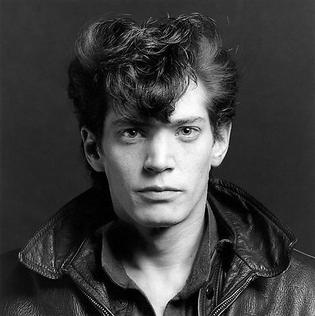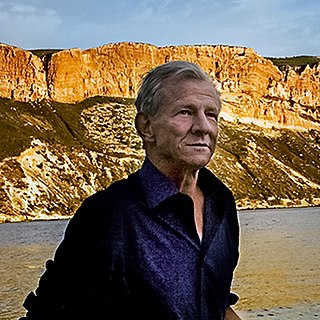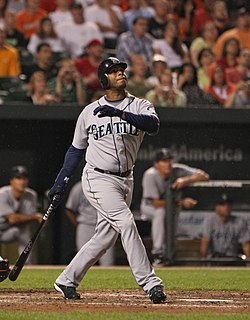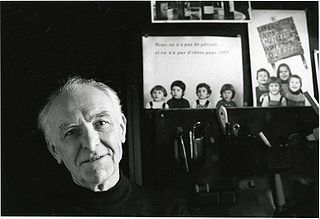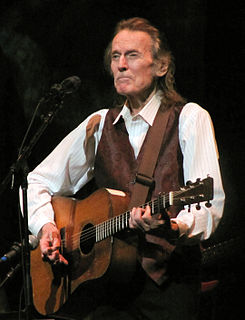A Quote by Eliot Porter
I don't think it's necessary to put your feelings about photography in words. I've read things that photographers have written for exhibitions and so forth about their subjective feelings about photography and mostly I think it's disturbing. I think they're fooling themselves very often. They're just talking, they're not saying anything.
Related Quotes
A lot of people seem to think that art or photography is about the way things look, or the surface of things. That's not what it's about for me. It's really about relationships and feelings...it's really hard for me to do commercial work because people kind of want me to do a Nan Goldin. They don't understand that it's not about a style or a look or a setup. It's about emotional obsession and empathy.
I'm not very eloquent about things like this, but I think that writing and photography go together. I don't mean that they are related arts, because they're not. But the person doing it, I think, learns from both things about accuracy of the eye, about observation, and about sympathy toward what is in front of you... It's about honesty, or truth telling, and a way to find it in yourself, how to need it and learn from it.
I'm very sensitive - I'll cry during every movie or commercial - but when it comes to my own feelings, I don't really think about them that much unless I'm making music. Otherwise, I'm either checked out or laughing because that's how I do regular stuff. I have a hard time talking about my feelings.
It's possible to think of photography as an act of editing, a matter of where you put your rectangle pull it out or take it away. Sometimes people ask me about films, cameras and development times in order to find out how to do landscape photography. The first thing I do in landscape photography is go out there and talk to the land - form a relationship, ask permission, it's not about going out there like some paparazzi with a Leica and snapping a few pictures, before running off to print them.

